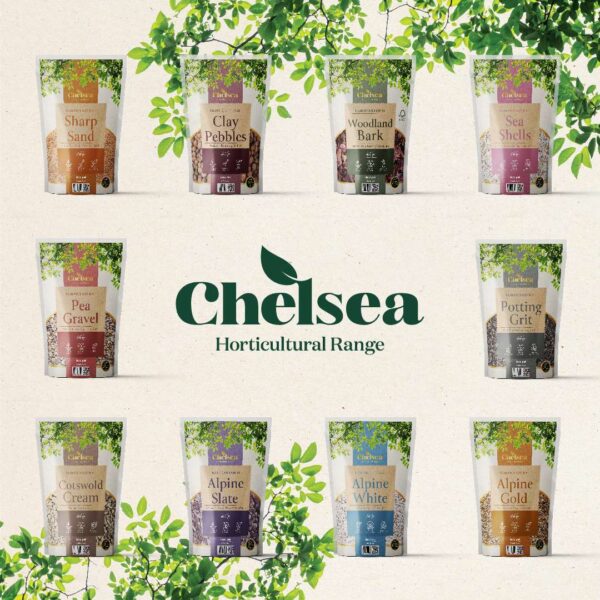The most recent CPI inflation figures showed that headline inflation reached 10.7%, and food inflation at 16.4%, making the last quarter of 2022 a significant challenge for many UK households. Not only has the cost of food, gifts and clothing soared, but energy prices have also greatly increased.
According to the British Retail Consortium (BRC), retailers have been investing hundreds of millions to combat inflation and help keep the cost of Christmas down for cash-strapped shoppers. Chief executive, Helen Dickinson, said: “This includes freezing the price of many essentials, offering discounts to vulnerable groups, raising pay for their own staff, and expanding their value ranges.”
By 16th December overall retail sales by value had risen by 3.6% YoY, with growth coming primarily from rising prices, whilst overall sales by volume fell by 5.9% year-on-year.
Helen Dickinson, commented: “Sales growth failed to keep pace with inflation as sales volumes dropped for the eighth month in a row. Black Friday provided a small boost to retailers, but there are signs that many consumers are holding off Christmas spending until the last moment.
“Retailers may be slightly reassured by the marginal improvement in consumer confidence, but it remains well below levels seen even at the height of the pandemic due to the ongoing cost of living squeeze. There was stronger growth for furniture, floors and textiles, as households chose to concentrate on improving the home ahead of Christmas. But, many retailers will be holding their breath as they look to the hugely important December sales period.
“Given the pressure currently bearing down on the retail industry from higher energy and input costs, it is vital Government provides support for retailers as it puts in place future arrangements for the EBRS from April 2023. Without clear targeted support, retailers will see their costs – and potentially prices – climb even higher.”
Payment providers strike gold as cash continues to disappear
With the pandemic changing the way consumers pay for goods, 90% of retail spending and 82% of transactions were completed using debit or credit cards. The shift occurred during the pandemic, with the retail industry spending around £1.3bn to accept payments from customers in 2021 alone. Cash accounted for just 8% of consumer spend, a dwindling figure which also reflects the rise in online shopping.
The goodwill extended to customers by shops was not shown by banks and other merchant service providers to their own customers. Instead, banks cashed in as transaction fees for accepting debit card payments rose by 28% compared with 2020 and total Merchant Service charges increased by 12%, equating to an extra £141mn in costs imposed by card firms on retailers just to process debit card transactions. This is on top of more high street bank closures, which in itself represents a very sharp decline in the overall service being offered to banking customers (all tax payers).
The BRC, along with other business groups, have long been calling for intervention on anti-competitive practices in card payments in order to protect British businesses. The following actions must be urgently considered:
Stop card fees rising: While the Payments Systems Regulator undergoes their lengthy market reviews into card fees, they must enact temporary interventions to stop card fees rising during this period.
Remove interchange fees: In 2020, the UK Supreme Court ruled that card firm interchange fees were unlawful, but these are yet to be abolished.
Treasury Review: We call on the Treasury to conduct its own review into the cost of accepting cards
Hannah Regan, Payments Policy Advisor, British Retail Consortium said: “With the public in and out of lockdown and cash usage discouraged last year, over 90% of retail spending used debit or credit card. With card usage soaring, already hard-pressed retailers had to pay huge sums to accept these payments. We need urgent intervention from the Payments Systems Regulator and the Treasury to stop card schemes from abusing their dominant market position.”
Hospitality suffers due to strike action
Meanwhile in the hospitality sector, restaurants, pubs, bars and clubs have lost an estimated £2.3billion in lost revenue in the run-up to Christmas because of the rail strikes, with some companies being pushed to breaking point as even more strikes are planned for the crucial Christmas trading period. The industrial action has resulted in Christmas parties being cancelled around the UK.
Kate Nicholls, CEO of UK Hospitality, told The Sun that businesses ‘cannot afford to go on like this’ and that it was time for the unions and government to compromise.

















